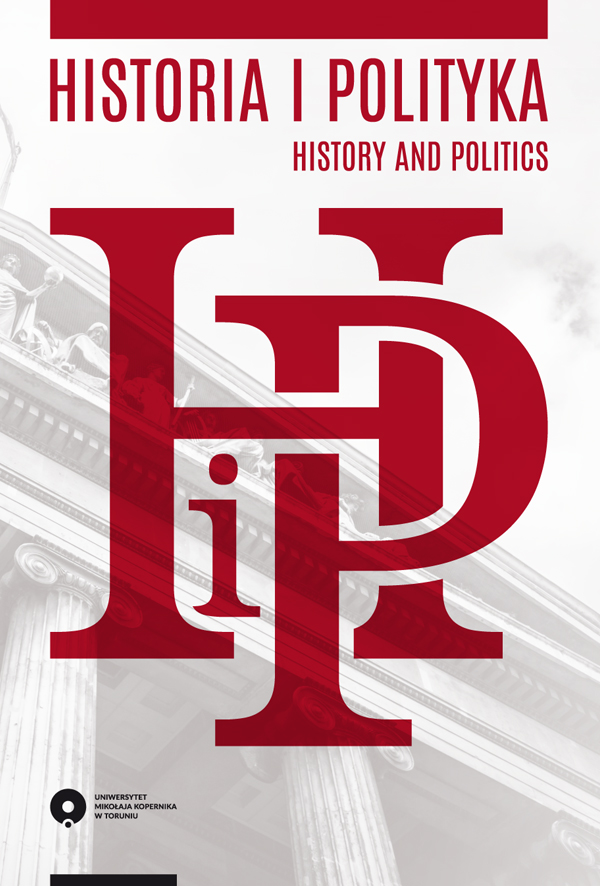Aleksander Kołłontaj w Norwegii (1915-1917)
Aleksandra Kollontai in Norway (1915-1917)
Author(s): Alicja Karolina KiełbasiewiczSubject(s): Gender Studies, Civil Society, Pre-WW I & WW I (1900 -1919)
Published by: Wydawnictwo Naukowe Uniwersytetu Mikołaja Kopernika
Keywords: Aleksander Kołłontaj; Norwegia;
Summary/Abstract: The aim of this article is to present the political activities of Aleksandra Kollon¬tai during her stay in Norway 1915-1917. Aleksandra was born on April 1, 1872 in Sankt Petersburg to an aristocratic family. At age twenty-one, she married her cousin - a czarist generał, Vladimir Kollontai. However, they soon separated and she decided to go to Western Europę to study economics so as to become a radical journalist. During her stay in Europę, she came into contact with the leftist Marxists. She also engaged herself in the building of a working women’s movement both in Western Eu¬ropę and her homeland. Consequently, Aleksandra had to flee Russia in 1908. Next eight years she lived in exile. In 1915, Kollontai moved to Oslo after being expelled from Sweden for participation in anti-military propaganda. During her stay in Norway, she was an active representative of the Bolsheviks. Aleksandra was promoting Lenin’s theories among socialist youth, was in touch with one of the most prominent social activists, Mar¬tin Tranml, and took an active part in the Norwegian women’s movement. Moreover, thanks to her influence, Scandinavian representatives supported Lenin’s fraction connected with the revolutionary internationalism during the conference in Zimmerwald in 1915. Furthermore, she also played a crucial role in the re-opening of the northern smuggling route that led through harbors in Vard0 and Murmańsk. As a result, Lenin was able to keep in constant contact with the revolutionary movement in Russia during the WWI. In particular, Aleksandra Kollontai was regarded by the Norwegian socialists as a beautiful, temperamental woman as well as a talented speaker. Not surprisingly, her diplomacy also led to recognition of Soviet Russia by Norway in 1924.
Journal: Historia i Polityka
- Issue Year: 8/2009
- Issue No: 1
- Page Range: 101-114
- Page Count: 14
- Language: Polish

